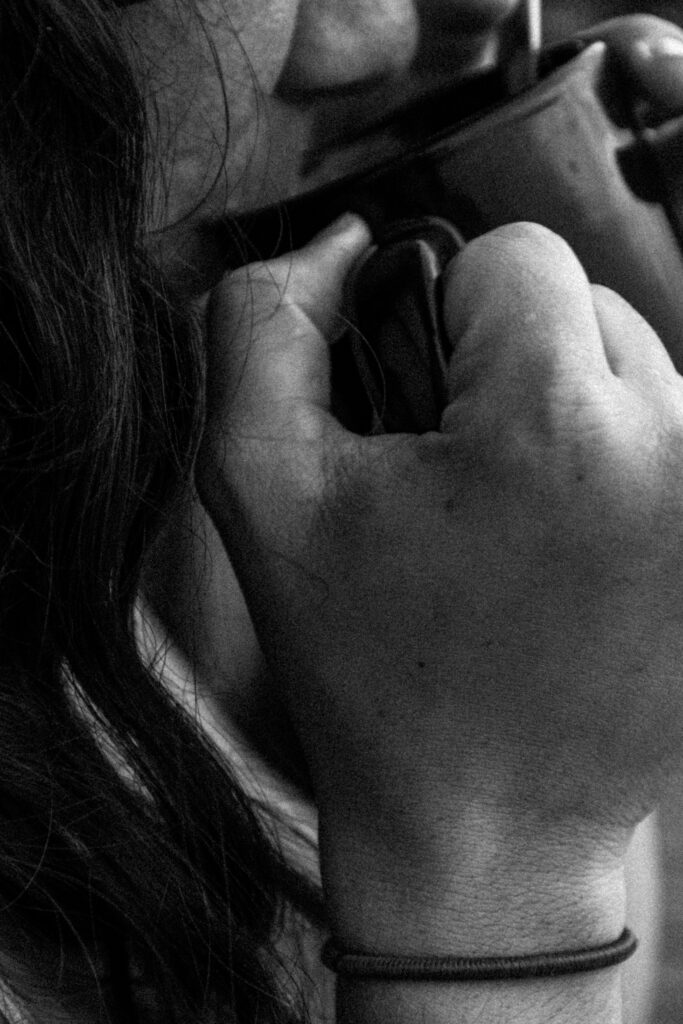 Why doesn’t she leave? Why does she keep returning?
Why doesn’t she leave? Why does she keep returning?
These questions resound in lounge rooms, courtrooms, and newsrooms all over our country. However, leaving an abusive relationship is often the most perilous action a woman can take – and the psychological, practical, and social obstacles can be insurmountable. As a result, most victim-survivors remain in violent relationships, even if they wish to leave.
Leaving can be more dangerous than staying
Leaving is one of the most dangerous times for victim-survivors. More than two-thirds of intimate partner homicides occur at or after separation. If she manages to leave, the violence often continues or even escalates. Studies indicate that over 90% of women who leave face increased violence after separation, which can persist for many years. Children are especially vulnerable, with some being compelled by the family court system to spend unsupervised time with the perpetrator.
Supports are often inaccessible
She is unlikely to receive the support she needs. Perpetrators frequently isolate their targets and discredit them through smear campaigns. As one victim-survivor remarked: ‘He is better at lying than I am at telling the truth’. Consequently, victim-survivors struggle to access support and may even be blamed for the abuse or wrongly identified as the perpetrator. More than 90% of women were blamed when they tried to speak out about the abuse they endured, and one report found that women were misidentified as the perpetrator in nearly half of the cases where they were later murdered by an intimate partner.
Women are also often required to self-represent in legal proceedings because they don’t have access to financial resources and are ineligible for legal support. Legal Aid grants are awarded to twice as many men as women, despite women being the vast majority of victim-survivors. As one mother reported: ‘He spent over $300,000 in legal fees while I had to self-represent. I was expected to perform at the same standard as an experienced solicitor and barrister’.
Leaving means facing poverty and homelessness
Women often remain in violent relationships due to their financial dependence on their partners. Half of the victim-survivors who leave end up living in poverty. Among those seeking help from homeless services, 50% of women and nearly 60% of children remain homeless. If a woman has a car to sleep in, she might not be offered accommodation.
So, what now?
Asking ‘Why doesn’t she leave?’ continues to place blame and responsibility on the victim-survivor. It is time to ask different questions. Why does he do it? Why doesn’t he let her leave? Why is he allowed to get away with it? How can we support her if it isn’t safe to leave? What changes are necessary in our society so she can leave safely? These questions shift accountability to the perpetrator and focus on what might truly help.
To tackle these issues, reforms are necessary to hold perpetrators accountable and improve support systems. This involves training professionals to accurately identify perpetrators and victims, evaluate the risk of violence, and support women and children so they can leave safely. We also need to investigate the short- and long-term impact on children when they are placed in the care of perpetrators and then reform the justice system accordingly. These changes cannot be delayed; lives are literally depending on them.
Leading the charge for change
Organisations like Fusion Mornington Peninsula are working tirelessly to rectify systemic inadequacies and promote equitable justice outcomes for women, ensuring that the legal system no longer perpetuates harm against those who have experienced violence. Through our dedicated advocacy and comprehensive support programs, we are challenging the structures that perpetuate violence against women and children while providing critical resources for victim-survivors navigating the complex journey toward safety. Our work encompasses direct relational support of mothers and children, advocacy in the courts and government departments, professional training, and community education – all aimed at shifting the narrative from victim-blaming to perpetrator accountability while bringing a safe, therapeutic community of support for young parents. By focusing on both immediate support for those in crisis and long-term systemic change, Fusion Mornington Peninsula is helping to build a society where women and children can leave violent relationships safely and rebuild their lives with dignity and hope.
Kalis Ember
[Photo by Mick Kirchman on Unsplash]
